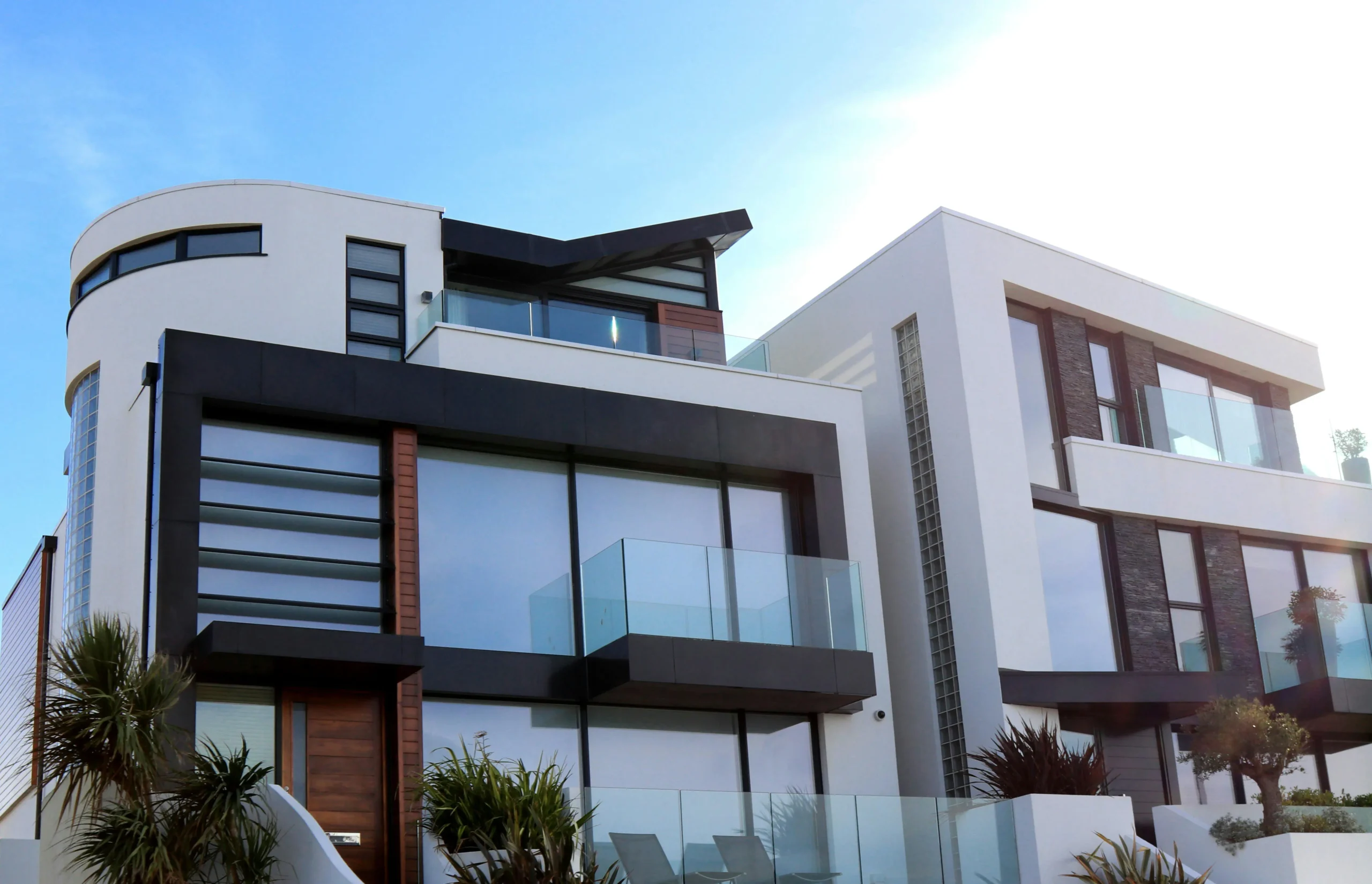Buying a $2 million dollar house is a major step that goes beyond having a high income. It requires financial stability, careful planning, and an awareness of the ongoing costs that come with owning a luxury home. The mortgage is only one part of the equation—property taxes, maintenance, and lifestyle expenses all add up. If you’re considering this purchase, you need to make sure your finances, long-term goals, and daily budget can handle everything that comes with it. Let’s break it down so you can see if you’re truly ready.
Your Income Needs to Be Strong and Reliable
A $2 million dollar house isn’t something you buy on a whim. Lenders will look closely at your income to make sure you can handle the mortgage and all the other expenses that come with it. A high salary alone isn’t enough—you need a steady, reliable source of income that isn’t likely to disappear anytime soon.
Most financial experts recommend that your housing costs stay below 28-30% of your gross income. That means if your mortgage payment is around $10,000 a month, you should be making at least $400,000 per year to keep things comfortable. If your income is inconsistent or tied to commissions or bonuses, lenders may require a higher down payment to reduce their risk.
🏡 Housing Affordability Calculator
You Have a Large Down Payment Ready
A home at this price usually requires a substantial down payment. While some lenders may offer loans with as little as 10-20% down, a larger down payment can save you money in the long run.
Consider these benefits of a bigger down payment:
- Lower monthly mortgage payments – The less you borrow, the less you pay each month.
- Better interest rates – Lenders see you as less risky when you invest more upfront.
- More equity from the start – You’ll build wealth in your home faster.
For a $2 million dollar house, a 20% down payment means putting down $400,000. If you can afford more, it can make a big difference in reducing your financial stress.
You Can Afford the Hidden Costs
Buying the house is just the beginning. There are many hidden costs that can add up quickly. You’ll need to factor in expenses beyond your mortgage to see if this is a realistic move.
Some of the biggest costs include:
- Property taxes – These can range from $20,000 to $50,000 per year depending on where you live.
- Homeowners insurance – A high-value home costs more to insure, often several thousand dollars per year.
- Maintenance and repairs – Expect to spend at least 1% of the home’s value annually, which means around $20,000 per year.
- Utilities and upkeep – Larger homes have higher energy costs, and you may need landscaping or housekeeping services.
If these expenses don’t fit into your budget comfortably, it might be worth rethinking your timeline for buying.
Your Debt Is Under Control
A high income doesn’t automatically mean financial security. If you have large debts, it can make affording a $2 million dollar house more difficult. Lenders look at your debt-to-income (DTI) ratio, which compares your monthly debts to your income.
A good DTI ratio is typically under 40%, meaning your total monthly debts—including your mortgage—shouldn’t be more than 40% of your income. If you’re already carrying high credit card balances, car loans, or student debt, adding a luxury mortgage can become overwhelming. Paying down debt before buying a high-priced home can make the process much smoother.
Your Investment Portfolio Is Strong
Tying up too much of your money in real estate isn’t always the best financial move. A $2 million dollar house is a big investment, but it shouldn’t be your only investment. Having a well-diversified portfolio that includes stocks, bonds, and other assets can help you maintain financial stability.
Ask yourself:
- Do you have enough liquid assets to cover unexpected emergencies?
- Are you still able to contribute to retirement and other long-term investments?
- Will buying this home leave you stretched too thin in other areas?
If buying the home means sacrificing your financial future, it might be worth waiting until your investments are stronger.
You Plan to Stay for the Long Term
Real estate is a long-term investment. If you’re planning to buy a $2 million dollar house, you should be ready to stay for several years. Buying and selling a high-end home too quickly can lead to financial losses due to transaction costs, market fluctuations, and potential capital gains taxes.
Think about your long-term goals:
- Do you see yourself in this home for at least five to ten years?
- Is the location ideal for your lifestyle and future plans?
- Will this home meet your needs as your life changes?
If you’re unsure about your long-term plans, renting or buying a less expensive home may be a better choice for now.
Your Emergency Fund Is Strong
Unexpected events can happen, and you don’t want to be in a situation where a financial setback forces you to sell your home. A solid emergency fund ensures you can handle surprises without dipping into your home equity or retirement savings.
A good rule of thumb is to have at least six to twelve months of expenses saved. For a $2 million dollar house, this should cover:
💰 Mortgage payments – Keep enough to cover several months of loan payments.
🏡 Property taxes – These can add up fast, so have a cushion ready.
🛡️ Insurance – Homeowners insurance, plus extra for unexpected damage.
🍽️ Living expenses – Everyday costs like groceries, utilities, and other essentials.
If your emergency fund isn’t at this level yet, it may be a good idea to build it up before making such a large commitment.

The Lifestyle Costs of a $2 Million Dollar House
Owning a $2 million dollar house brings ongoing costs that go beyond the mortgage, taxes, and insurance. The size and features of luxury homes often lead to higher expenses that need to be factored into your budget.
Utility bills can be a major factor, especially with large open spaces, high ceilings, and advanced climate control systems. Heating, cooling, and electricity costs can run thousands of dollars each year. Landscaping is another expense, particularly for homes with extensive gardens, pools, or outdoor entertainment areas that require professional care.
Other costs include home security systems, smart technology upgrades, and routine maintenance for high-end finishes like marble countertops or hardwood floors. Some homeowners also hire staff, such as housekeepers or personal assistants, to help manage the property.
These expenses add up quickly, so planning ahead is essential. A $2 million dollar house should fit comfortably within your financial situation, not strain it. If these costs align with your lifestyle and budget, the purchase may be a good fit for you.
What Does a $2 Million Dollar House Look Like in America?
A $2 million dollar house can vary widely depending on location. In some areas, it might be a sprawling estate with acres of land, while in cities like New York or Los Angeles, it could be a high-end condo with luxury amenities. The size, style, and features of these homes depend on the real estate market, neighborhood, and local demand.
In suburban areas, homes at this price often include large yards, custom-built interiors, high-end kitchens, and spacious living areas. They might also have smart home technology, private pools, and breathtaking views. In urban markets, a $2 million dollar house could be a sleek, modern penthouse with panoramic cityscapes and access to exclusive amenities.
If you’re curious to see real examples of $2 million dollar houses across the U.S., check out current listings on Zillow or Realtor.com. These sites offer a look at properties available in different states, helping you get a sense of what this price point offers in various locations.
You’re Buying for the Right Reasons
It’s easy to get caught up in the idea of owning a $2 million dollar house, but it’s important to ask yourself why you want it. Are you buying because it’s a smart financial move, or are you feeling pressured by social expectations?
A home is a personal decision, and the best purchase is one that aligns with your lifestyle, financial security, and future goals. If you’ve checked all the boxes and feel confident in your decision, then you might just be ready to take the next step.






